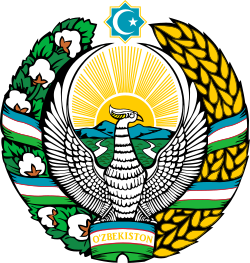
Promoting Uzbek Language and Culture in China: A New Chapter
The Alisher Nava’i Tashkent State University of Uzbek Language and Literature, despite being established only in 2016, has achieved remarkable progress within just eight years. It has cemented its place among the world’s top 300 universities, according to global rankings, and continues to expand through collaborations with renowned higher education institutions worldwide.
One of the university’s notable milestones was the inauguration of the Uzbek Language Department and the Uzbekistan Studies Center at Shanghai International Studies University (SISU) on November 16, 2018, at the Hongkou campus. Since then, associate professor and candidate of philological sciences Mardon Rahmatov has been instrumental in effectively teaching Uzbek at the university. For the 2024–2025 academic year, this esteemed role has been entrusted to PhD in philology, Muazzam Dedaxanova, under a one-year contract.
Currently operating at SISU’s Songjiang campus, the Uzbek Language Department offers a comprehensive four-year undergraduate program. Students gain not only proficiency in spoken and written Uzbek but also modern knowledge of Uzbek literature, history, economics, and culture. Graduates are expected to become future educators, translators, ambassadors, diplomats, and specialists, strengthening Uzbek-Chinese relations while making meaningful contributions to academic and cultural advancement. With these objectives in mind, PhD Muazzam Dedaxanova has commenced her work guided by a specialized curriculum.
Shanghai International Studies University, recognized for its adherence to global standards, has earned distinction in China for its excellence in foreign language education and its pioneering non-traditional linguistic programs along the Silk Road. The inclusion of Uzbek as one of its foreign language offerings is a testament to its progressive vision and a cause for celebration, marking a significant step in promoting Uzbek language and culture on the global stage.










